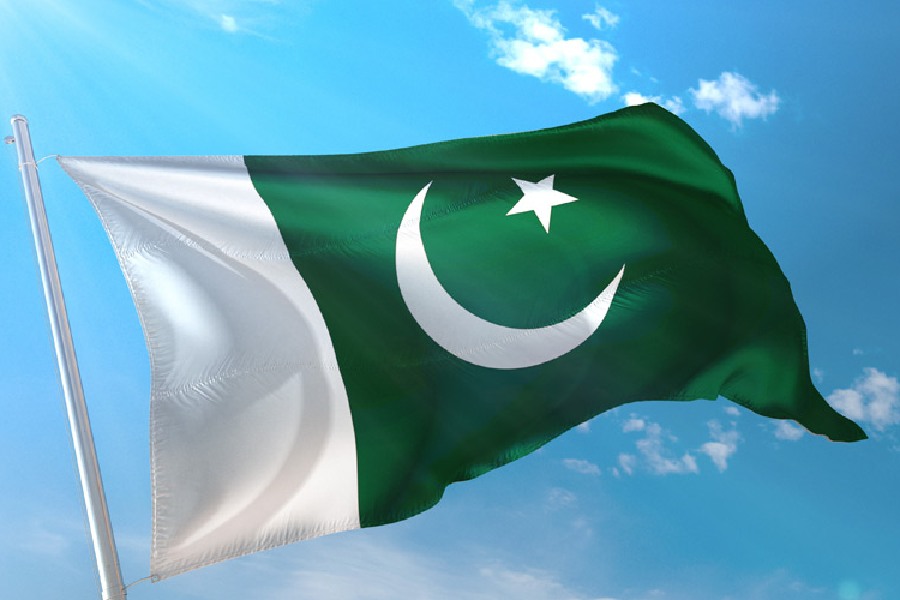The Bombay High Court deserves credit for its decision last week to quash a petition seeking a formal government ban on the participation of Pakistani artistes in the Indian entertainment industry. The court rightly spoke of the universal appeal of sports, music, arts and culture and their ability to cut across the thorniest of divisions. This is a message that India’s political class and their often-radicalised admirers would do well to heed at a time when the world is full of examples of what happens if neighbours with differences start dehumanising each other. India and Pakistan have had tense relations almost all the way through their 76 years of independence. There is reason for India’s antagonism: Pakistan’s abetment of cross-border terror is an acknowledged fact. But films, music and sport — especially cricket — have built bridges over the most troubled of waters between the subcontinental siblings. Pakistan’s musicians, actors and cricketers have received a warm welcome in India, as have Indians from these fraternities in Pakistan. It is important for India and Indians to not conflate ordinary Pakistanis with the designs of State actors and terror lobbies in that country.
But these are not easy bonds to build and maintain when the two countries involved have fought multiple wars and whose governments see each other as adversaries. In recent years, amid political pressure, entertainment industry bodies have imposed an informal ban on Pakistani artistes in India. Pakistani cricketers cannot play in the Indian Premier League and the two national teams rarely play in each other’s stadiums. India’s refusal to grant visas to more Pakistani fans for the ongoing ICC World Cup adds to that sad trend. Instead of Indian and Pakistani cricket lovers meeting and discovering shared roots, a young generation of Indian fans has been left to imbibe the worst stereotypes about their neighbours, as a viral video by a YouTube influencer from the Narendra Modi Stadium in Ahmedabad suggests. This is dangerous. The less Indians and Pakistanis know about each other, the more the risks of dehumanisation on both sides. That, in turn, feeds the toxic rhetoric, which infects the overwhelming volume of bilateral and public engagements between India and Pakistan. In its decision, the Bombay High Court has voiced a time-tested axiom: at the end of the day, there is no alternative to peaceful coexistence between two neighbours.











